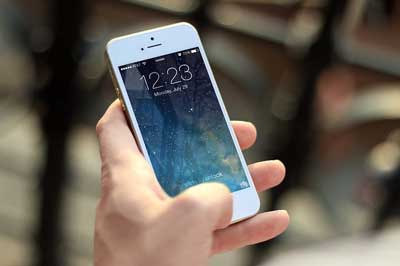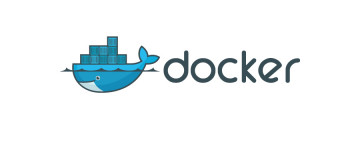- Advertising
- Bare Metal
- Bare Metal Cloud
- Benchmarks
- Big Data Benchmarks
- Big Data Experts Interviews
- Big Data Technologies
- Big Data Use Cases
- Big Data Week
- Cloud
- Data Lake as a Service
- Databases
- Dedicated Servers
- Disaster Recovery
- Features
- Fun
- GoTech World
- Hadoop
- Healthcare
- Industry Standards
- Insurance
- Linux
- News
- NoSQL
- Online Retail
- People of Bigstep
- Performance for Big Data Apps
- Press
- Press Corner
- Security
- Tech Trends
- Tutorial
- What is Big Data
How Healthcare Organizations Can Avoid Getting Smacked in the Age of SMAC

SMAC is a fun little acronym conjured up to convey the concepts of “social, mobile, analytics, and cloud” that have been so prevalent and disruptive over the past decade. While healthcare has been busy dealing with the Affordable Care Act and the new ICD-10 coding system, business and industry have adopted SMAC full scale. As it happens, these technologies have an incredible amount to offer both healthcare providers and their patients—as well as medical researchers, administrators and other staff, and related services and industries (such as insurance). Here are how each of the aspects of SMAC are impacting healthcare.
Social in Healthcare

On the surface, social media is helpful to healthcare in that it’s an easy, affordable, and non-threatening way to reach out to new patients and communicate with existing patients. While a phone call about an upcoming exam might be tense or you could miss the patient, you can make contact fast, efficient, and simple by using a Facebook or Twitter message, instead.
But a deeper look reveals more meaningful ways in which social media can impact healthcare. Researchers can find correlations between lifestyle and predicting future illness, for instance. Patients are notoriously reluctant to admit to their dentist that they eat chocolate every day, or to their cardiologist that they haven’t been on a run in two weeks. But the truth lies right there in their social media timelines. The ethics of using social for these purposes is still being hotly debated, but the reality of it is already there.
Mobile in Healthcare

Like social media, mobile can be incredibly helpful in keeping in touch with patients, especially during critical times like just after a release from the hospital or as they prepare for a major medical procedure. But mobile can also help doctors track vital signs, monitor blood sugar and blood pressure, keep up with their exercise and eating habits, and even alert the doctor if the heart rate or other vital signs stray outside an acceptable range. Mobile is also revolutionizing patient monitoring systems and empowering new asset management systems to keep up with expensive and critically important hospital and clinical equipment.
Analytics in Healthcare
What are the best indicators or precursors of rare disorders like Turner syndrome? What treatment process yields the best results for a 44-year-old black male with stage three esophagus cancer? Big data and analytics might be the key to unlocking the deepest mysteries of medical science. What is the best way to speed recovery from the common cold, or what steps can be taken to stop or contain an outbreak of Ebola? Big data could deliver many such answers. Plus, it’s incredibly useful for preventative treatments, hiring and human resources, and even finding new patients.
Cloud in Healthcare
The cloud can be incredibly beneficial to healthcare, both in terms of offering secure storage for large volumes of data and for powering the data analytics. The cloud can also be used for establishing patient portals, providing easy access to charts shared by multiple healthcare facilities, and allowing researchers, doctors, and others to share information and collaborate more effectively.
Wondering what SMAC can do for you? See what Bigstep has to offer. Take a look at our products here.
Readers also enjoyed:

Beyond Docker: are containers here to stay? (Part III)


Leave a Reply
Your email address will not be published.